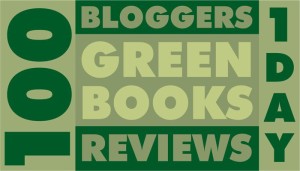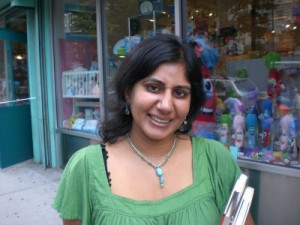We all understand the worth and value of first impressions.
When we prepare to attend our book signings or speaking events, we dress to impress. We enter in style and dazzle the audience. It is our moment, and we consider it our personal commitment to deliver our best. Yet, when it comes to websites, many of us choose DIY templates or hire nonprofessional relatives to create mediocre sites.
Results can be disastrous for authors seeking to make a lasting impression in the industry. Homegrown sites tend to look just that and make the visitors think you are not serious about your work to make an investment in it. If you are an author of some merit, chances are you have been Googled. So would the search findings make you proud or cringe in shame?
A website is an author’s virtual home. Like it or not, you will be judged by that site. It is a vital marketing tool that will not only generate sales and leads for you but will help you create a fan base.
Hiring a professional pays in the long run. When choosing a website designer, make sure he or she has an impressive portfolio. You do not want a designer who delivers cookie-cutter solutions. The downside of using such a designer is that you will see their store-bought templates everywhere. A professional web designer provides clients with a series of questions geared to their particular genre, book, and personality before providing an estimate. I once had a client send me pictures of items that she kept on her desk to inspire her during her creative pursuit. I used elements and colors of those on her website. In the end, the client owned a site that reflected her style and personality-just like the creative environment in her own home.
So what are the elements of a striking website?






